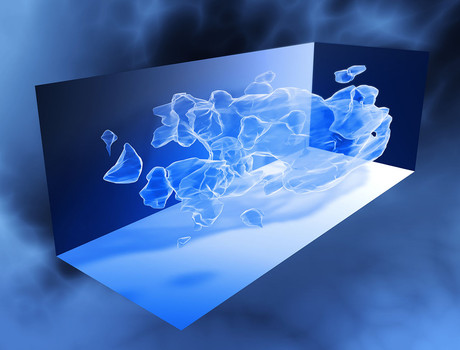Thermodynamics and physics show that entropy or randomness increases. New discoveries about the development of planets, solar systems, and life indicate that complexity actually increases instead of entropy. Clemson University philosopher and evolutionary biologist Kelly Smith proposed that increasing complexity is an inherent property of the universe in the edition of the journal Space Policy.
Not only does new theory in complex systems analysis argue for increasing order throughout the known universe but newly discovered physical facts about planets, space, and life processes at a cellular level argue for complexity as a rule. Even dark matter, although never physically seen and only partially understood, argues for complexity. The development of rational and social beings like humans is presented as one of the most complex systems that argue for an increasing complexity.
The researchers propose that their discovery can argue for or against the existence of any being that caused the complexity. That being is usually referred to as a god of some type. Complexity in all of its forms does not necessitate the existence of any divinity but could be the result of a universal constant that tends toward complexity. The existence of a principle does not in and of itself indicate any support or negation of any religious concept.
Science and philosophy have merged in the new interpretation of all things. There are no absolute answers proposed by the research other than complexity is an imperative demonstrated by all known physical systems. Entropy does increase in some instances but complexity overrules the effect of entropy.















